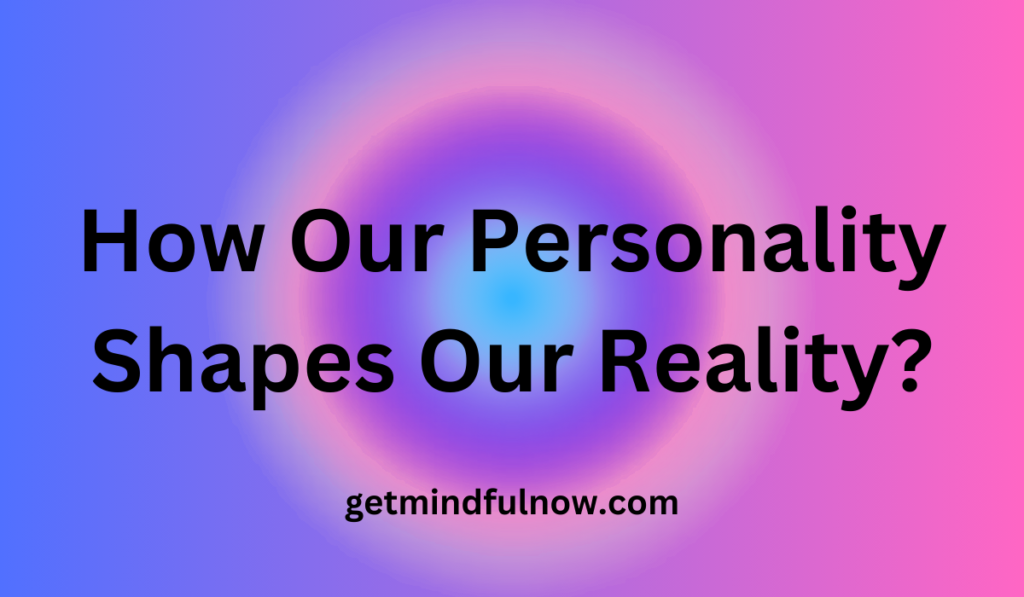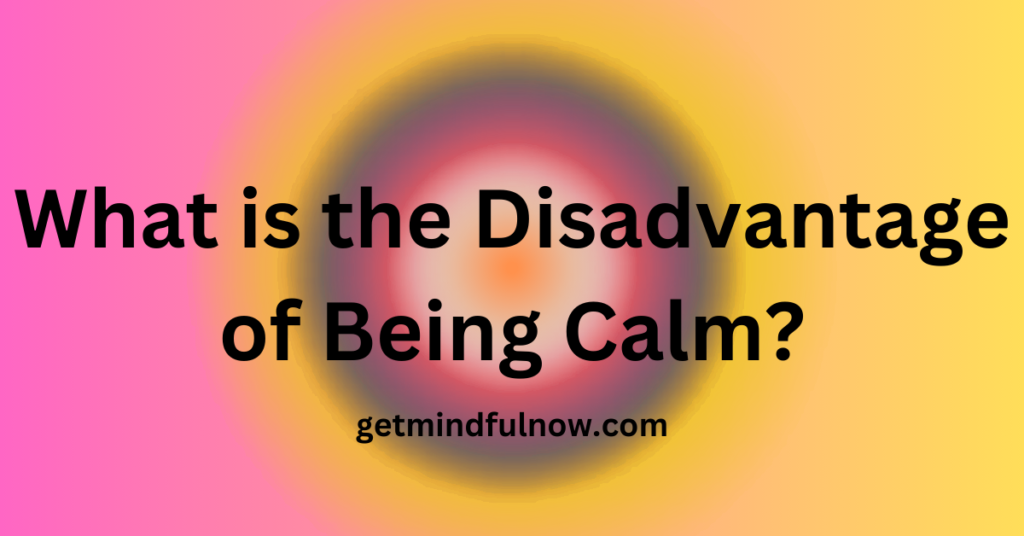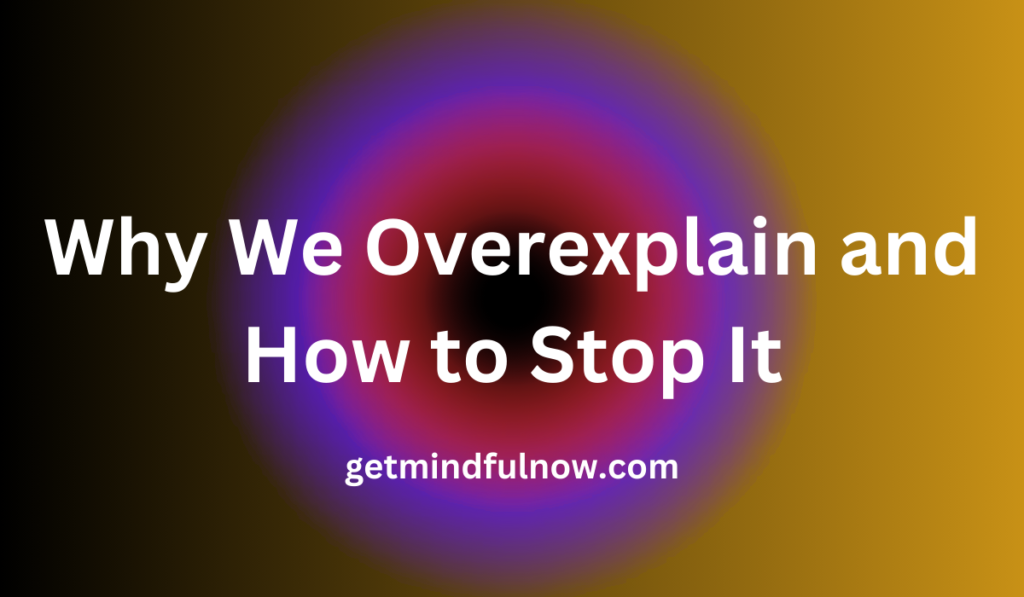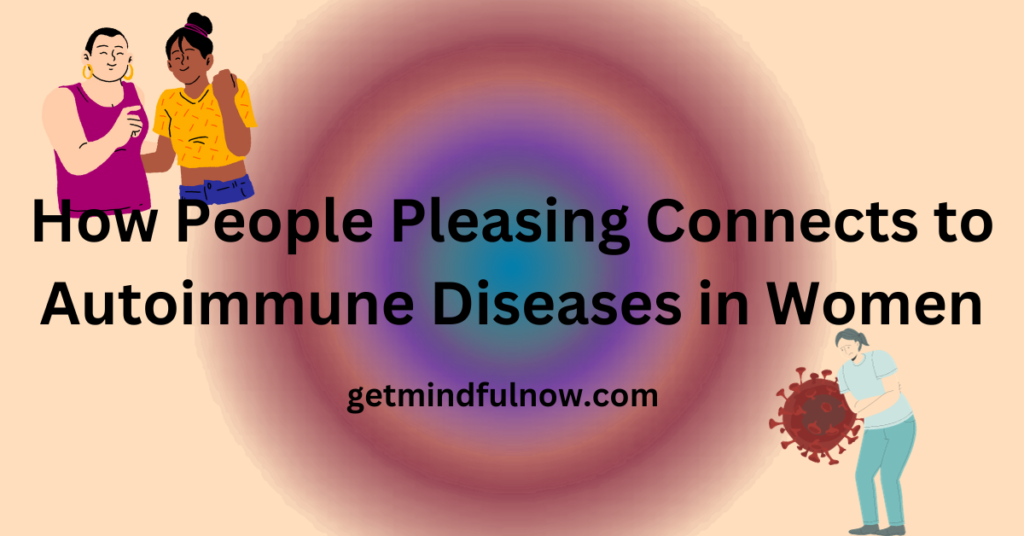You’re sitting on your couch, scrolling through your messages for the hundredth time, wondering why they haven’t responded. Did you say something wrong? Were they just pretending to care? Ghosting—that sudden, unexplained disappearance from your life—can feel like an emotional gut punch. And if this feels deeply familiar, as if it scratches an old wound, you’re not alone.

In my work as a psychotherapist, I’ve sat with many clients who’ve been haunted by the sting of ghosting. Together, we’ve unpacked the layers of their pain and discovered that for many, ghosting isn’t just a modern relationship trend. It’s often tied to deeper emotional patterns, sometimes rooted in childhood experiences.
Why Ghosting Feels So Personal
When someone disappears from your life without warning, it doesn’t just hurt—it can awaken feelings of abandonment, rejection, and unworthiness. These emotions often stem from early attachment wounds. Research shows that childhood experiences—such as inconsistent caregiving, emotional neglect, or abandonment—can significantly shape how we relate to others as adults.

For instance, if you grew up in an environment where love felt conditional or unpredictable, ghosting might echo that uncertainty. You may have internalized the belief, “I’m not enough,” or “People leave because I’m unlovable.” These deeply ingrained narratives can make the pain of ghosting feel much larger than the actual event.
Why Do People Ghost?
Let’s shift perspectives for a moment. Why would someone choose to ghost rather than have an honest conversation? While the reasons vary, here are a few possibilities:
- Avoidant Attachment Styles: People with avoidant tendencies often struggle with emotional closeness. Ghosting becomes a way to avoid vulnerability and confrontation.
- Fear of Conflict: Many people aren’t taught how to navigate difficult conversations. It feels easier to disappear than to risk upsetting someone.
- Unresolved Trauma: If the ghoster experienced neglect or emotional inconsistency in childhood, they might unconsciously reenact those patterns by withdrawing when things get too intense.
A Real-Life Scenario
One of my clients, Gul, came to me after being ghosted by someone she had been dating for six months. She felt blindsided and deeply unworthy. As we delved into her story, it became clear that Gul’s reaction wasn’t just about the recent ghosting. Growing up, her father had been emotionally unavailable, often disappearing for weeks without explanation. This pattern of unpredictability left Gul hyper-vigilant in her relationships, always waiting for the other shoe to drop.
The person who ghosted her wasn’t the root of her pain—they were merely the trigger. Understanding this allowed Gul to shift her focus from blaming the ghoster to healing her own wounds.
Steps to Heal and Reclaim Your Power
If you’ve been ghosted and it feels like a reenactment of something deeper, know that healing is possible. Here are some practical steps to guide your journey:
1. Acknowledge the Pain
It’s okay to feel hurt, confused, or even angry. Suppressing these emotions will only prolong your healing. Journaling in detail, gaining knowledge about the feeling through related books, talking to a trusted friend/mentor, or working with a therapist can help you understand and process what you’re feeling.
2. Reflect on Your Patterns
Ask yourself: Does this situation feel familiar? Look for patterns in your relationships. Do you often attract emotionally unavailable people? Do you struggle with setting boundaries? Understanding these patterns is the first step toward breaking them.
3. Reparent Yourself
If ghosting triggers feelings of abandonment or rejection, it’s a sign that your inner child needs care. Engage in self-soothing practices, such as regular deep meditation, showing kindness to yourself in daily routine, engage in creative art, or even writing letters to your younger self. Remind yourself that you are worthy of love and connection.
4. Use Meditation to Rewire Your Beliefs
This is one of my favorite ways to deal with emotional wounds. Meditation offers a powerful model for rewiring old belief patterns and creating a new identity. Begin by sitting in meditation and visualizing what you truly value in relationships. Imagine yourself embodying these qualities, as though you are already that future version of yourself—secure, loved, and whole.
With consistent practice, you’ll start to reprogram your mind to believe in your inherent worth. Over time, your actions will naturally align with this new identity. Walk, sit, and talk like the person who knows their value, and eventually, the universe will mirror this back to you. You won’t be waiting for love outside of yourself—you’ll already feel complete. And when the right partner appears, it will be a relationship built on mutual respect and genuine connection, not need.
5. Set Boundaries with Compassion
If someone ghosts you and later tries to return, decide what feels right for you. Setting boundaries doesn’t mean closing off your heart—it means protecting it. Communicate your needs clearly and hold firm to them.
6. Reframe the Experience
Instead of seeing ghosting as a reflection of your worth, view it as information about the other person. Their inability to communicate isn’t about you—it’s about their own struggles.
7. Build Secure Attachments
Focus on nurturing relationships where you feel safe, valued, and seen. This might include friendships, family connections, or even a relationship with yourself. Surrounding yourself with supportive people can help you rebuild trust in relationships.
A New Angle: Ghosting as an Opportunity
Here’s a perspective shift: What if ghosting could be a gift in disguise? When someone ghosts you, they’re showing you their capacity for emotional intimacy. Rather than lamenting the loss, consider it a blessing that you didn’t invest more time in someone who couldn’t meet your needs.
Also Read: How to Let People Go In Healing Journey?
Final Thoughts
You and I both know that ghosting isn’t just about disappearing texts. It’s about the stories we tell ourselves, the wounds we carry, and the growth we’re capable of. While you can’t control whether someone chooses to ghost, you can control how you respond. By turning inward, healing old wounds, and setting new standards for yourself, you can transform the pain of ghosting into a powerful opportunity for self-discovery.
If you’ve been ghosted and want to explore this deeper, reach out for support. Whether through therapy, self-directed meditative journey, or connecting with others who’ve walked a similar path, you can find your way back to a place of strength and clarity. Remember, the way someone treats you says everything about them and nothing about your worth.









Its like you read my thoughts! You appear to understand a lot approximately this, such as you wrote the guide in it or something. I think that you simply can do with a few percent to power the message house a little bit, but instead of that, that is magnificent blog. A fantastic read. I will definitely be back.